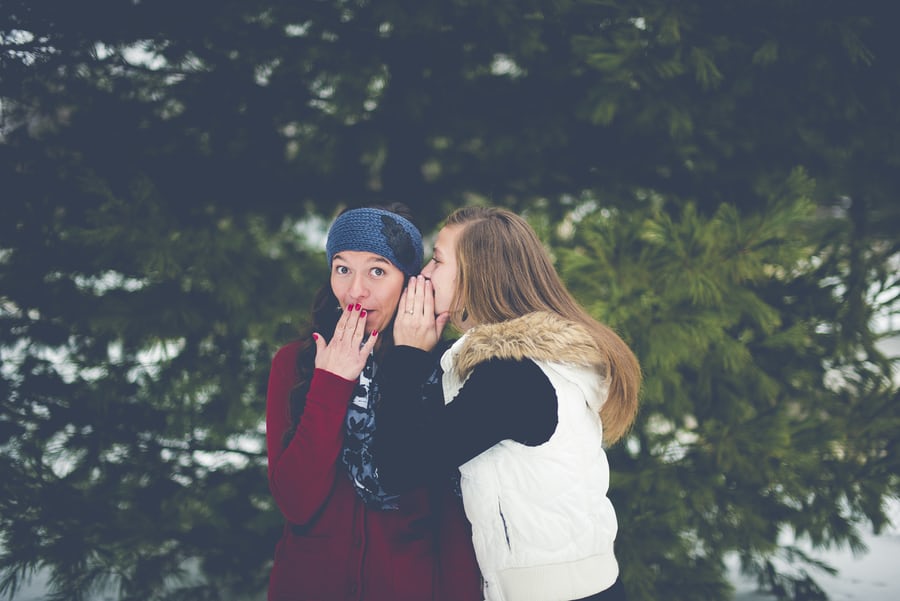Award-winning journalist John Leland spent a year visiting with six culturally diverse seniors, all eighty-five and older. In his book Happiness Is A Choice You Make, he weaves together the stories and lessons he learned from them about aging with grace and joy.
The lessons he offers sometimes sound a bit like platitudes, such as “be grateful,” “be accepting,” “live in the present.” But what he says about social connections and friendships has stuck with me.
To paraphrase his findings, happiness doesn’t stem from continuously expanding my circle of friends; it may not even be important to maintain all of the friendships I’ve had in the past. What is important is for me to focus on those friendships where I am accepted for who I am, and encouraged to grow and become the best possible version of myself.
This means that sometimes my true “forever” friendships may need to end.
Clearly, there are numerous reasons to end a friendship, some more obvious than others. I’d like to focus on the two-part reason that Leland raises in his book, which I believe is often overlooked as a motivation to call it quits: Does the friendship discourage me from being myself, and/or does it discourage me from growing into the best self I can become?
1- Does the friendship discourage me from being who I am?
Do I feel pulled to change or hide who I really am when I’m around this person because I think she won’t accept or like me? Does she want me to be someone I’m not? I cringe when I think about how often I’ve craved the acceptance and approval of someone who has a history of not liking or accepting me as I am. How often I’ve seen my lovability as directly related to that person’s approval. It’s as if I’m allowing her to determine my worth.
The truth is, if I try to change myself because I feel I need to in order to be accepted, I will drift farther and farther from authentically knowing myself. The most honest thing I can do in that situation is to untangle myself and my self-worth from the person I believe I need to satisfy.
2- Is the friendship discouraging me from becoming the best possible version of myself?
Unhealthy habits can be like a virus, spreading through our close relationships. As an example, a 2007 study in the New England Journal of Medicine tracked the spread of obesity through an interconnected social network. One of the remarkable findings was that a person’s chances of becoming obese increased by 57 percent if he or she had a close friend who became obese in a given interval.
Even worse, unhealthy psychological habits, like the tendency to blame others for our troubles, can similarly spread from friend to friend. And any number of other bad habits that reduce us to less than the best that we can be. It’s as though everyone in a group of friends is pulled down to the group’s lowest common denominator.
Given the likelihood of me taking on the habits of those in my social network, it seems to me that I need to be vigilant to notice whether their habits are likely to make me a better person. And if not, it may be in my best interest to pull away.
The fascinating thing here is that self-change motivated by my friends can either be a blessing or a curse:
If I change who I am to gain the approval of someone who dislikes me as I am, I will lose myself, leading to less happiness in my life.
If I change because a friend loves who I am and motivates me to be the best possible version of me, I will find my most authentic self, leading to greater happiness in my life.
I’m the only one who can determine the difference. It is entirely my choice.


Marlena points out that it is unwise to keep friends who cause you to hide your true self when you are around them. This is an important lesson for those of us who spent part of our lives being chameleons because we thought that’s what we had to do to fit in and be accepted. While building networks may be important during the early stages of our lives/careers, it is certainly an unwise pattern to continue into later decades if we wish to have joy in our lives.